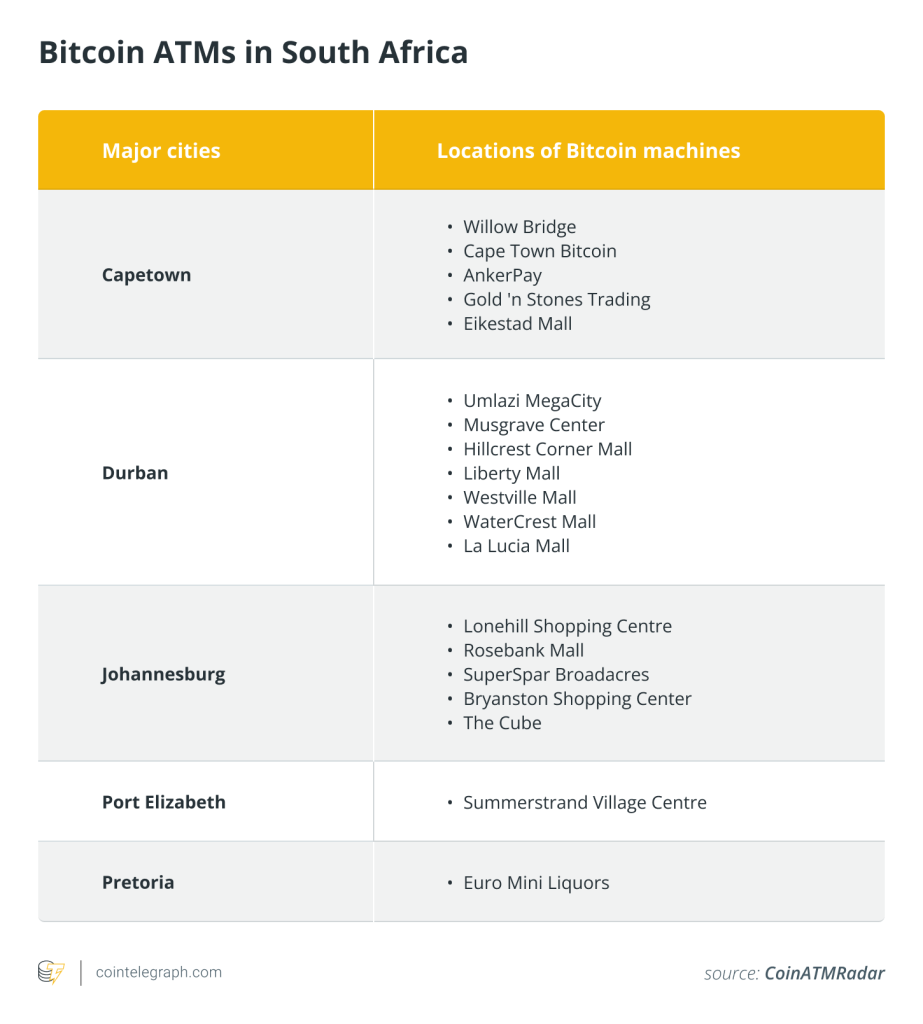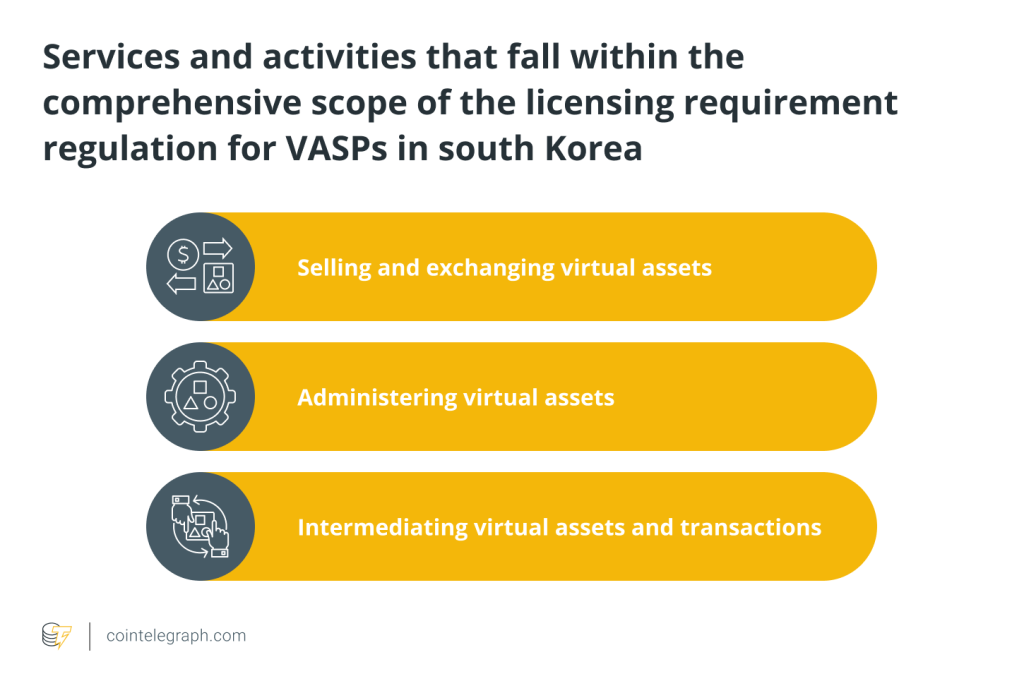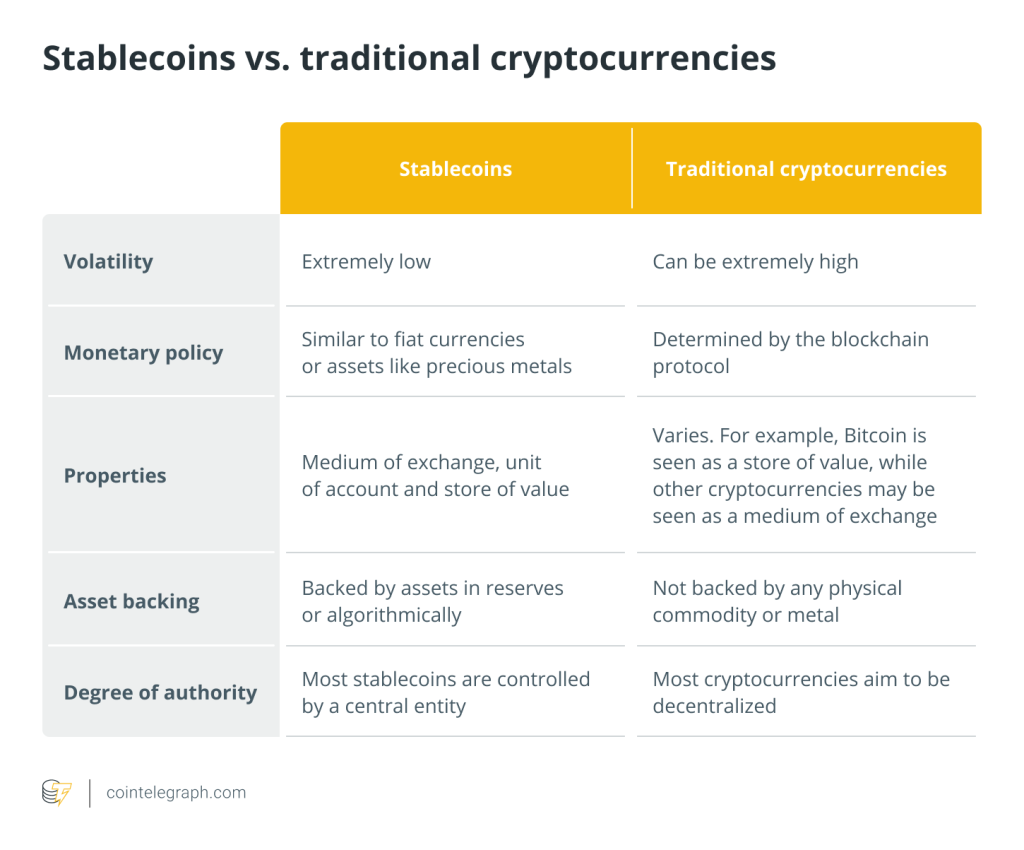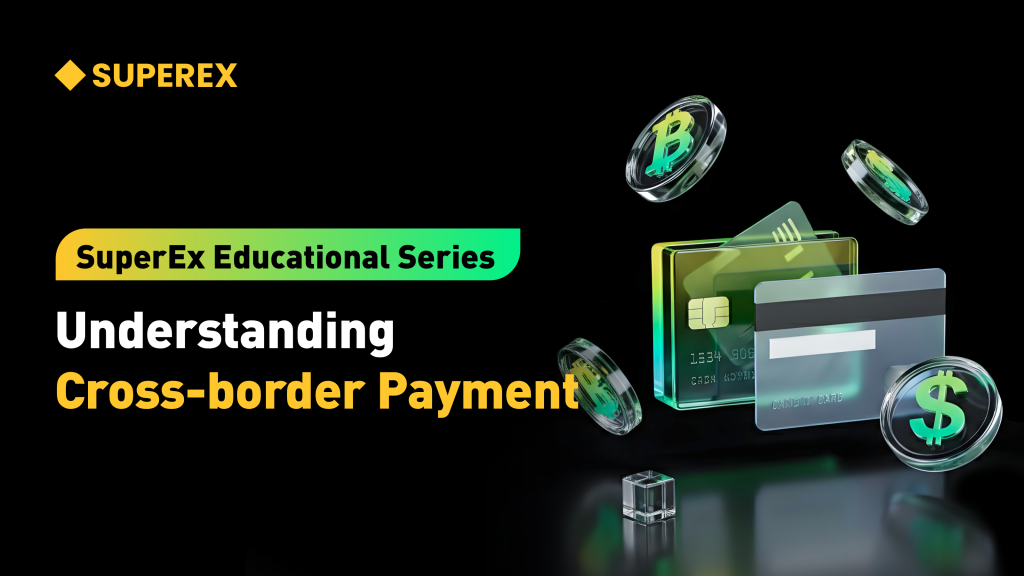South Africa eyes stablecoins and blockchain for digital payments

South Africa’s 2024 budget review highlighted the need for structural reforms and a focus on improving public financial management.

The annual budget of South Africa revealed its treasury’s plan to promote the adoption of digital payments, which includes analyzing stablecoins and blockchain to “improve the lives and livelihoods of marginalized groups.”
The country’s 2024 budget review highlighted the need for structural reforms and a focus on improving public financial management. While detailing its plan to promote digital payments, the Treasury announced a nearing policy change on crypto assets, specifically for stablecoins.
“In 2024, the Intergovernmental Fintech Working Group will publish additions to include “stablecoins” as a particular type of crypto asset.”
The working group published a crypto regulation paper in June 2021, which will be amended to include stablecoins into the crypto asset class in addition to finalizing a diagnostic of the domestic stablecoin landscape. The report read:
“ It will conduct analytical work to understand the applicable use cases of stablecoins and to recommend an appropriate policy and regulatory response.”
Additionally, the Financial Intelligence Centre (FIC) Act could be amended to require all institutions to report crypto transactions over 49,999 South African rand ($2,650). South Africa will also study the impact of blockchain-based tokenization on domestic financial markets.
#Budget2024 #RSABudget2024 pic.twitter.com/ru34A9smWg
— National Treasury RSA (@Treasury_RSA) February 21, 2024
The working group is expected to publish a paper by December 2024 outlining “the policy and regulatory implications of tokenization and blockchain-based financial market infrastructure.”
Related: Web3 faces regulatory hurdles in Africa, slowing progress
The South African government will also run a three-year program in collaboration with Switzerland’s State Secretariat for Economic Affairs and FinMark Trust to conduct four digital payments pilot projects.
The four pilot projects include community digitalization, digitizing informal and low-income worker payments, cross-border remittances and cross-border trade. The aim of the initiative is to support small and informal businesses through payment innovation.
South Africa’s plans for digital disruption worked well for East African farmers as blockchain technology opened up global markets for the remote population. On July 20, 2023, AgTech firm Dimitra and One Million Avocados (OMA) — a sustainability-focused tech group — announced a partnership to help Kenyan avocado farmers boost production and quality through cutting-edge emerging technologies, including blockchain.






Responses